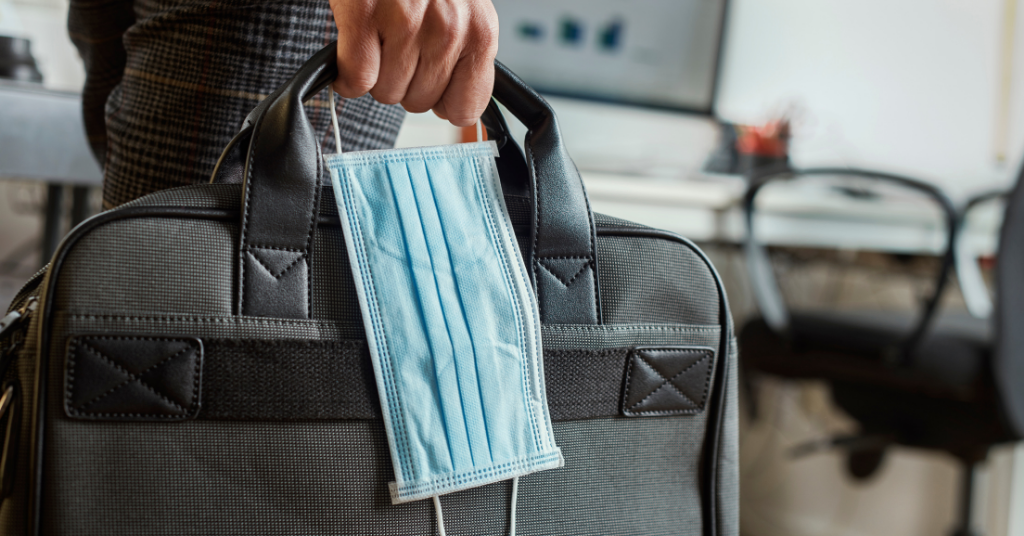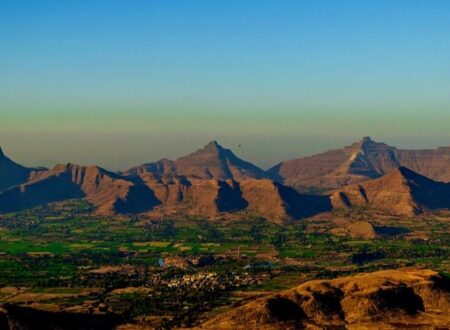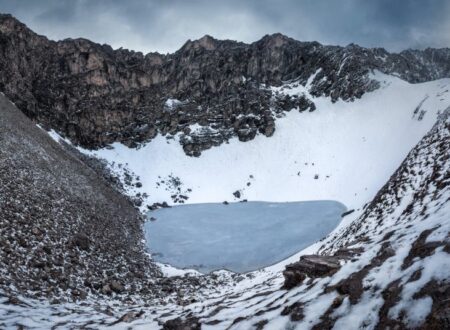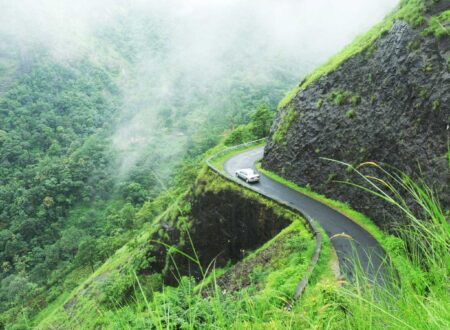/en/resize/newbucket/1200_-/2021/06/airport-172caf17565-original-ratio-1624156376.jpg
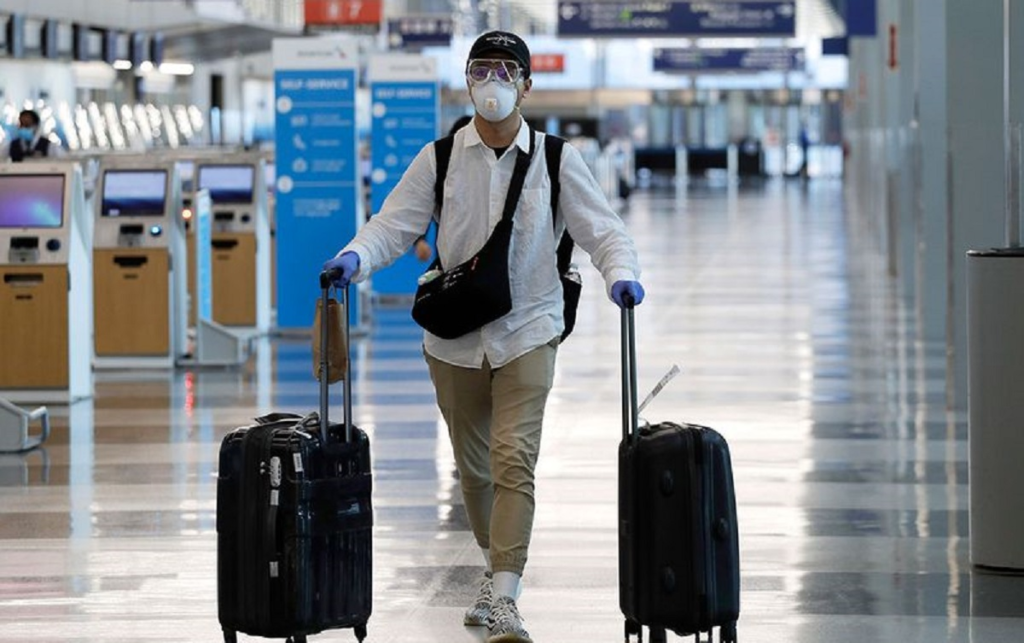
As the cases of COVID-19 dip, the restrictions are being relaxed. Non-essential travel throughout the country is seeing the light of day. Finally, the monotony takes a break as we can embrace thrill and serenity from places away from our homes. However, fewer travel restrictions do not mean there are no restrictions and guidelines to follow at all; and it certainly does not mean the threat of the pandemic has passed. There still are regulations and safety protocols to be followed if you are planning to travel domestically in India. Here, we brief you about some of the existing travel restrictions and safety protocols in India as of October 2021.
Indian Travel And Safety Protocols
- Health Screenings: Most state airports and docks require travellers to do a thermal screening, including Andaman & Nicobar Islands.
- Test Reports: You are required to carry a negative NT-PCR test report, especially if travelling by air. The test reports must not be older than 24 hours.
- Vaccination: The mandate of test reports can be exempted to travellers who have received their second dose of the COVID-19 vaccine and have completed 15 days.
- E-Pass: Certain states such as Kerala require a government-approved e-pass for travel.
- COVID Test & Quarantine: Some states, including the northern tourist spots like Himachal and Ladakh, require travellers to remain quarantined for a week or two on arrival. At the end of the quarantine, a COVID test is conducted Before permitting local tourism.
- Arogya Setu App: It is mandatory for all domestic travellers to have the Arogya Setu app installed on their phones especially while travelling.
Also check out : Most visited Indian states during the Pandemic and why
Owing to a dip in the COVID-19 cases and increase in recovery rate, the restrictions on travel are slowly being lifted. This, however, does not mean that travelling is as easy as before. There are still certain guidelines and state-imposed protocols that we need to follow. These protocols are constantly changing by the state governments, depending on the COVID situation in the state. Therefore, you should do thorough research while planning a trip and be well aware of all the existing travel restrictions in India. In addition, also take safety precautions at a personal level. Wear a mask always, maintain social distance, avoid crowded places and follow all the other guidelines.
Also follow India Chalk on Instagram for more amazing travel content. You can share your travel story with us. Reach out to us on email at contact[at]ndiachalk[dot]com. This blog is curated by India Chalk and written by Sushmita Guria.

